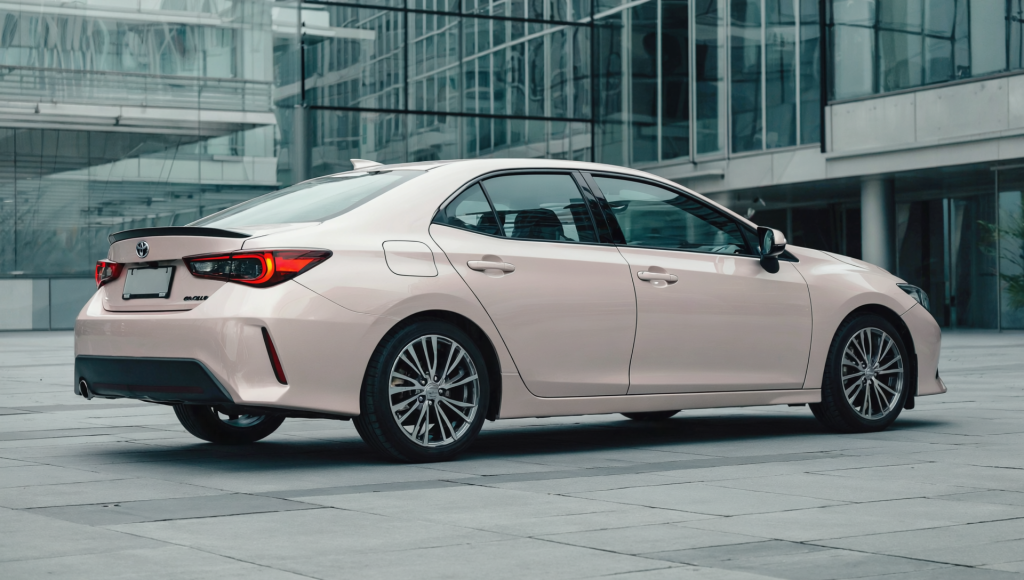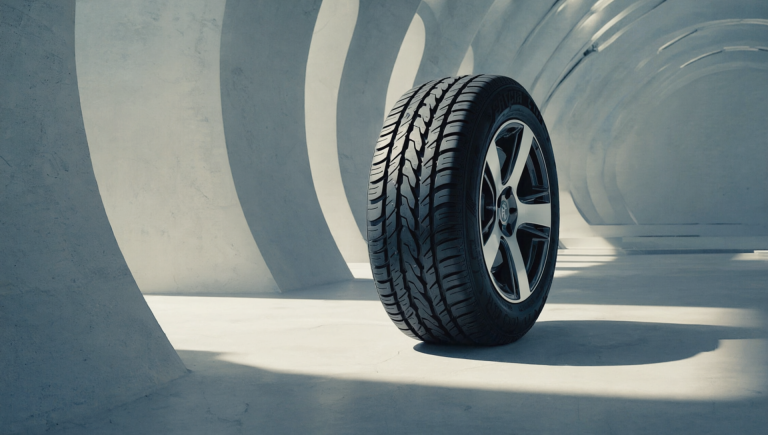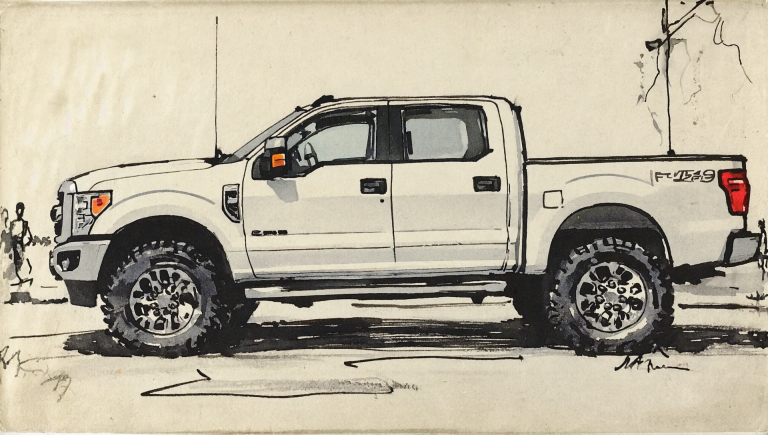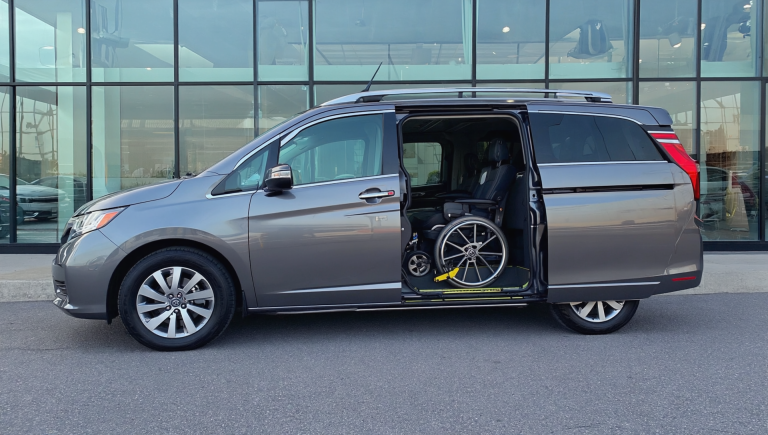Smart Tips for Buying a Used Toyota Corolla from a Private Seller

Buying a used car can be an exciting yet challenging process, especially when dealing with a private seller. The Toyota Corolla, known for its reliability, efficiency, and affordability, remains one of the most popular choices among compact cars. This comprehensive buyer’s guide is designed to help you navigate the process of purchasing a used Toyota Corolla directly from its owner. Whether you are a first-time buyer or an experienced car enthusiast, the following tips and insights will equip you with the knowledge needed to make an informed decision.
The Toyota Corolla has built a solid reputation over the decades for its longevity and low maintenance costs. However, like any used car, its condition can vary significantly depending on factors such as previous ownership, maintenance history, and usage patterns. In this guide, we cover everything from initial research and evaluation to negotiating the price and finalizing the purchase.
Understanding the Toyota Corolla
The Toyota Corolla is celebrated worldwide for its consistent performance and reliability. As one of the best-selling cars globally, it has evolved through numerous generations, each improving on design, fuel efficiency, and safety features. When considering a used Toyota Corolla, it is essential to understand the differences between various model years and trim levels. This knowledge will help you assess the car’s value and identify the features that are most important to you.
Generally, the Corolla is known for its smooth ride, economical operation, and strong resale value. Many owners report that with proper maintenance, these cars can run for well over 200,000 miles. However, potential buyers should be aware that wear and tear are inevitable, and the condition of a used Corolla can vary greatly based on how well it was cared for by previous owners.
Before you start the buying process, take some time to research the specific model years you are interested in. Look for consumer reviews, reliability ratings, and common issues that might affect performance. This background research will empower you to ask informed questions and spot potential red flags when inspecting a vehicle.
Initial Research and Listing Evaluation
Your journey begins online by searching for listings of used Toyota Corollas sold by private owners. Reputable websites, local classifieds, and automotive forums can provide a wealth of information. When browsing listings, pay close attention to the details provided, such as the model year, mileage, service history, asking price, and any descriptions of repairs or modifications.
Compare the prices of similar models in your area to ensure that the asking price is in line with the market value. Be cautious of listings that lack detailed descriptions or clear photographs, as these may indicate potential issues with the vehicle or a less-than-transparent transaction. Listings that provide multiple high-quality images and detailed information are usually more reliable.
In addition to price comparisons, read user reviews or testimonials regarding the seller, if available. A seller with a strong reputation for clear communication and honesty is a positive sign. Documenting your initial findings and saving listings that appear promising will help streamline the process when you are ready to move forward.
Contacting the Seller and Asking the Right Questions
After narrowing down your options, reach out to the seller to gather more information about the Toyota Corolla. When contacting the seller, be professional and courteous. Prepare a list of questions to help you gauge the car’s condition and the seller’s transparency. Key questions might include:
- How many previous owners has the car had?
- What is the complete service and maintenance history?
- Has the vehicle been involved in any accidents?
- Are there any known mechanical or cosmetic issues?
- Why is the seller parting with the car?
The seller’s responses will provide valuable insights into the car’s condition and help you decide whether to proceed. Request additional photos if necessary, especially of areas that may not have been adequately covered in the original listing, such as the engine bay, tires, and interior.
Scheduling an In-Person Inspection
Once you have gathered enough information remotely, arrange a meeting with the seller to inspect the vehicle in person. Always choose a public and safe location for the meeting, and if possible, bring along a knowledgeable friend or a professional mechanic. An in-person inspection is crucial to verify the details provided in the listing and to uncover any potential issues that were not mentioned.
During the inspection, thoroughly examine both the exterior and interior of the Toyota Corolla. Look for signs of rust, dents, or mismatched paint that could indicate past accidents. Check the condition of the tires for uneven wear, which might suggest alignment issues or improper maintenance. Inside the car, assess the condition of the seats, dashboard, and electronic components. Ensure that everything from the air conditioning system to the infotainment system is functioning as expected.
Also, inspect the engine area for any visible leaks, corrosion, or signs of neglect. Test the engine by starting the car and listening for unusual noises. Verify the levels of essential fluids such as oil, brake fluid, and coolant. A detailed inspection at this stage can save you from unexpected issues later on.
Test Drive and Performance Evaluation
A test drive is one of the most critical steps in evaluating a used car. This allows you to experience the Toyota Corolla’s performance firsthand and assess its overall condition under real-world driving conditions. Plan a route that includes various types of roads, such as highways, city streets, and if possible, areas with rougher terrain.
During the test drive, pay attention to the car’s acceleration, braking, and handling. Listen for any unusual sounds from the engine, brakes, or suspension. Check the responsiveness of the steering and ensure that the car drives straight without pulling to one side. Test the comfort of the ride and the functionality of all features, including air conditioning, heating, and the audio system.
If you are not entirely confident in your ability to assess the car’s performance, consider bringing along a friend with automotive knowledge or hiring a professional to accompany you during the test drive. Their expertise can provide additional assurance and help identify any potential issues.
Evaluating Documentation and Vehicle History
One of the most critical aspects of buying a used car is verifying the vehicle’s documentation. Ask the seller to provide the title, maintenance records, and any service receipts. Ensure that the title is clear and free of liens, and that the vehicle’s history is well-documented. A clean title and comprehensive service records are strong indicators of a well-maintained car.
In addition, consider obtaining a vehicle history report from a reputable source. These reports can provide valuable details about past accidents, previous ownership, mileage discrepancies, and any recurring issues. Reviewing this information thoroughly can help you avoid potential red flags and ensure that you are making a secure investment.
Documentation should also include any warranty information that might still be valid. While warranties on used cars are often expired, some sellers may offer transferable extended warranties or have recently completed major services that add value to the vehicle.
Negotiating the Price
Once you have completed the inspection and gathered all the necessary documentation, it is time to negotiate the price. Start by researching the current market value of the Toyota Corolla model you are interested in, taking into account factors such as mileage, condition, and any recent repairs or upgrades. This research will give you a solid foundation for your negotiation.
During the negotiation, remain polite and professional. Use any issues or discrepancies discovered during your inspection as leverage to negotiate a lower price. Be prepared to discuss the vehicle’s condition in detail and explain how certain factors may affect its value. It is important to remain firm on your budget while also being open to compromise.
If the seller is unwilling to lower the price to a fair level, be ready to walk away. A successful negotiation should leave both parties feeling satisfied, and sometimes the best decision is to look for another vehicle if the price does not reflect the car’s true value.
Finalizing the Purchase
After reaching an agreement on the price, it is essential to finalize the transaction with proper paperwork. Ensure that the bill of sale includes all the relevant details, such as the agreed-upon price, the vehicle identification number (VIN), and a clear description of the car’s condition at the time of sale. Both parties should sign the bill of sale to make the agreement official.
Next, transfer the title according to your local Department of Motor Vehicles (DMV) requirements. Completing the title transfer promptly is crucial to avoid any future disputes over ownership. It is advisable to use a secure payment method that offers a record of the transaction, providing extra security for both the buyer and the seller.
Post-Purchase Considerations
The purchase of a used Toyota Corolla marks the beginning of a long-term relationship with your vehicle. Once the transaction is complete, it is important to invest in proper maintenance to ensure the car remains in excellent condition. Schedule a comprehensive service appointment with a trusted mechanic to address any minor issues that may not have been evident during the inspection.
Update the vehicle registration and insurance details promptly to comply with local regulations. Keeping these documents up-to-date is essential for your legal protection and peace of mind while driving.
Additionally, maintain a detailed log of all repairs and services performed on the car. This record not only helps you stay on top of maintenance tasks but also enhances the vehicle’s resale value in the future. Regular maintenance, timely repairs, and careful monitoring of the car’s performance are key to enjoying a reliable and safe driving experience.
Final Thoughts
Purchasing a used Toyota Corolla from a private seller can be a highly rewarding experience if approached with thorough research, careful planning, and due diligence. By understanding the vehicle’s background, conducting a detailed inspection, and negotiating a fair price, you can secure a reliable car that meets your needs and budget.
The Toyota Corolla is renowned for its longevity and efficiency, making it an excellent choice for a wide range of drivers. With a focus on transparency, proper documentation, and regular maintenance, you can enjoy the many benefits of owning a well-maintained used car. Take your time, ask plenty of questions, and don’t hesitate to seek professional advice if needed. With a methodical approach, you can confidently navigate the used car market and drive away in a vehicle that will serve you well for years to come.




